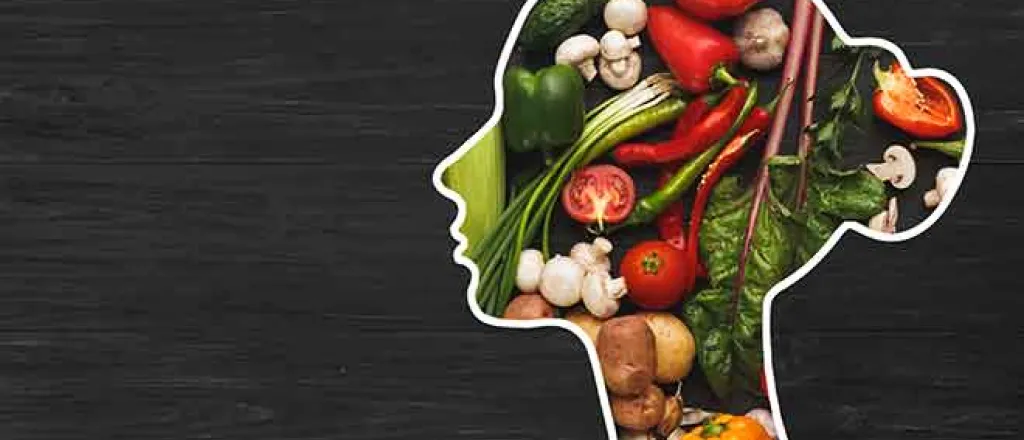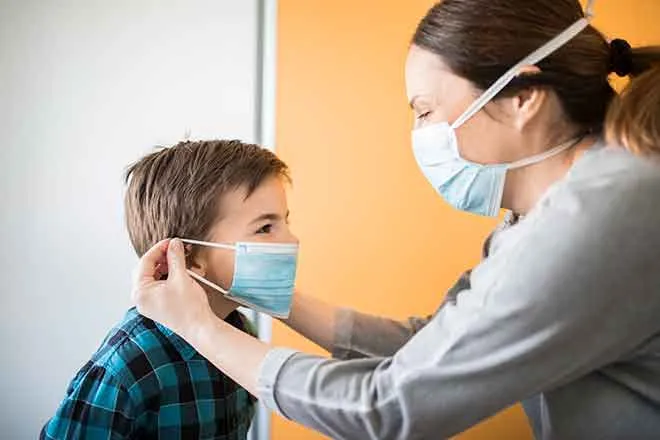
Dear Dietitian – Should I try a detox diet?
Dear Dietitian,
I made a New Year’s resolution to eat healthier. A friend told me to try a detox diet, but that seems rather extreme to me. What do you think?
Brad
Dear Brad,
You are among the 51% of Americans who have resolved to eat healthier in 2021. Congratulations on your new endeavor! Some will choose a detoxification (detox) diet to get started on a healthier road. Traditionally, the term detox was used in reference to a medical process of ridding the body of dangerous levels of drugs or alcohol. Today detoxing, or cleansing, is used in a broader sense and refers to ridding the body of any toxins.
A typical detox diet requires fasting, followed by a diet of fruit and vegetable juices, tea, smoothies, water, and juices. Some cleansing diets use herbs and supplements. These diets claim to eliminate toxins, boost energy, improve sleep, improve health, and support the immune system. A quick internet search found commercial detox diets in the $100-$200 range. You could probably find an internet guide to cleansing at no cost.
The practice of detoxing dates back thousands of years. Many place its origin in India as a part of Ayurveda, an ancient form of medicine. Some Native Americans still use aromatic rituals with food and herbs to help cleanse the body.
Let’s define toxin in terms of the human body. A toxin is a harmful substance produced within living cells or organisms. Anything, even water, can be a toxin in high enough levels. The body is continually releasing toxins through sweat, urine, and feces. Toxins can come from outside the body as well. Examples are smoking, alcoholic beverages, and toxins that cause foodborne illness.
There have been some studies that found certain cleansing agents helpful. A commercial detox product was studied to determine if it released higher levels of caffeine compared to no treatment. It did release a higher amount of caffeine, but it was not a significant amount (1). To my knowledge, there are no randomized controlled studies (RCTs), the gold standard of research, on detox diets.
Our bodies have an amazing detoxification system in place. Two of its major players are the liver and the kidneys. The liver neutralizes harmful metals like mercury so the body can eliminate them in the urine. The liver also produces enzymes that metabolize drugs and protect against dangerous levels. The kidneys act as filters to eliminate harmful substances in the urine.
If you choose a detox plan, consider limiting it to three days and definitely no more than five days, as nutrient deficiencies can occur. As for me, I’m sticking to whole foods from every food group.
Until next time, be healthy!
Dear Dietitian
Citation
- Klein AV, Kiat H. Detox diets for toxin elimination and weight management: a critical review of the evidence. J Hum Nutr Diet. 2015 Dec;28(6):675-86. doi: 10.1111/jhn.12286. Epub 2014 Dec 18. PMID: 25522674.
Disclaimer: This column is intended for educational purposes and is not a substitute for medical care. Speak to a qualified healthcare professional if you have concerns about your health.
















